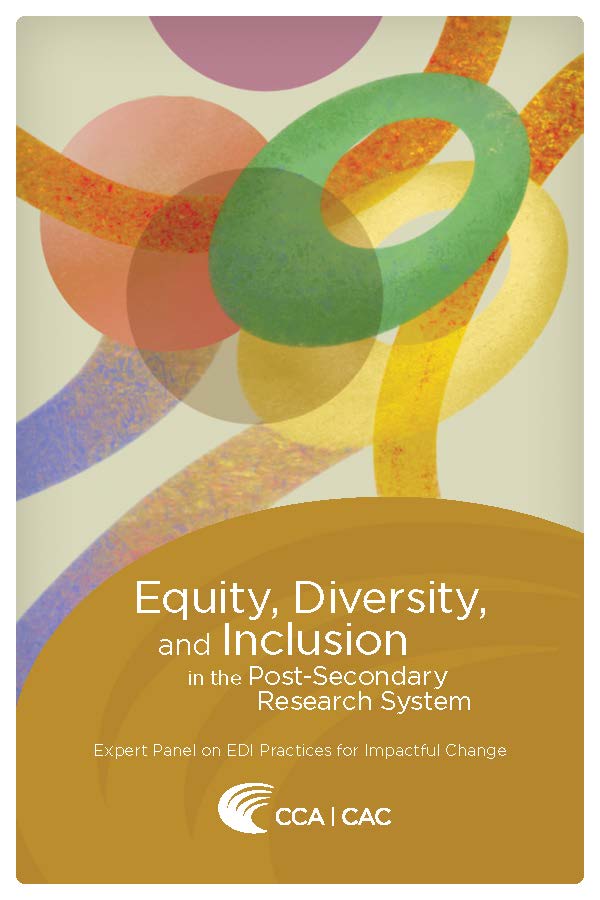Dr. Helen Brown served as a member on the Expert Panel on EDI Practices for Impactful Change, which released its report Equity, Diversity, and Inclusion in the Post-Secondary Research System, in October 2024.

November 8, 2024
Summary
The diversity of a team can help drive and shape research questions, methods, and perspectives. Studies have found that researchers from groups that are underrepresented in their discipline tend to be more innovative and discover new conceptual linkages, and that gender diversity may lead to better science (Leaps and Boundaries).
Despite efforts to advance equity, diversity, and inclusion (EDI) by post-secondary research organizations across Canada, individuals from groups that have been marginalized continue to be underrepresented. Recent analyses of the OECD International Survey of Scientific Authors and staffing data for 15 globally competitive universities indicate sustained underrepresentation of women and racialized individuals in academia. This persistent inequity means diverse voices and contributions continue to be excluded, limiting the research system’s ability to reach its full potential. A more comprehensive understanding of existing EDI policies and promising practices is needed to inform strategies within research institutions and other organizations to address these challenges.
The sponsors:
Social Sciences and Humanities Research Council; Natural Sciences and Engineering Research Council of Canada; Canadian Institutes of Health Research; Canada Foundation for Innovation; Innovation, Science and Economic Development Canada; National Research Council Canada; and Health Canada.
The question:
What is the state of knowledge regarding measures that organizations in Canada and around the world are implementing to achieve equity, diversity, and inclusion in the post-secondary research system?


Evidence for the public good.
The Council of Canadian Academies (CCA) is a trusted voice at the intersection of research, society, and public policy, convening expertise and assessing knowledge to advance evidence-informed decision-making in Canada and internationally.
Through expert-led multidisciplinary assessments that draw on evidence from across sectors and communities, the CCA brings clarity, rigour, and balance to understanding the evidence on complex policy topics in diverse areas including health, the environment, public safety, innovation, and the economy.
As a not-for-profit organization, the CCA is guided by the principles of independence, excellence, and integrity in all of its work, delivering consistent value to those using CCA reports to inform policy and public debate.